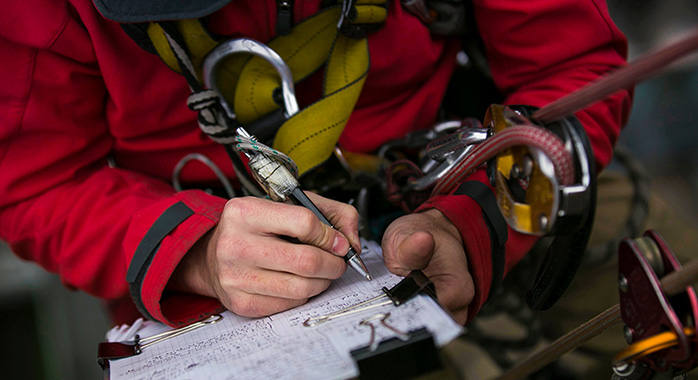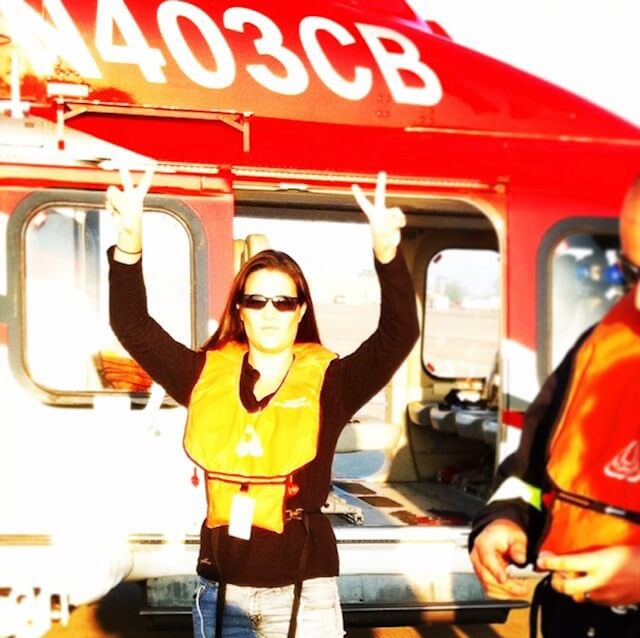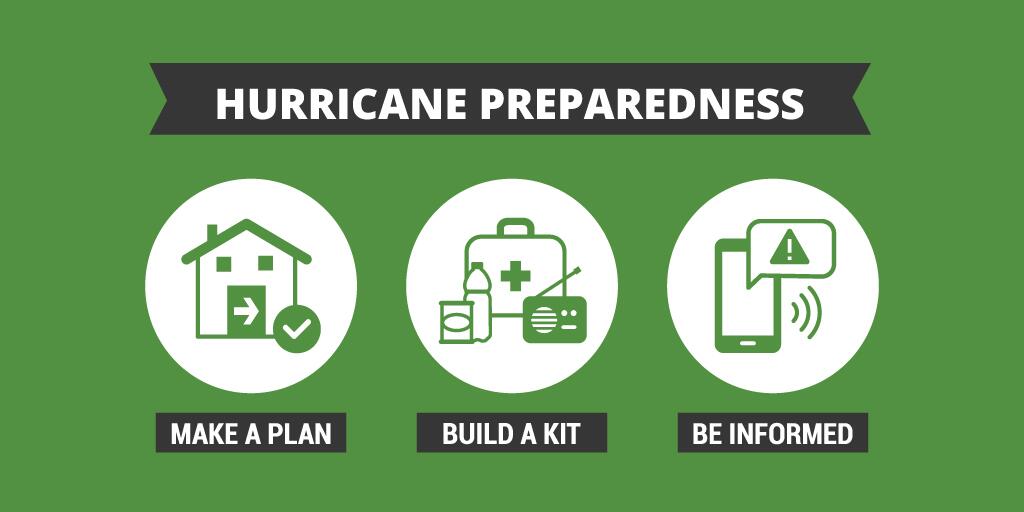BSEE: Evolution and Impact in the Gulf of Mexico
The oil and gas industry operates in a complex and challenging environment, particularly in offshore regions such as the Gulf of Mexico. To ensure safe and responsible operations, the Bureau of Safety and Environmental Enforcement (BSEE) plays a crucial role. In this blog, we explore the importance of BSEE, its evolution over time, and the significant contributions it makes to all operators in the Gulf of Mexico.
-
Evolution of BSEE:
BSEE, originally established as the Bureau of Ocean Energy Management, Regulation, and Enforcement (BOEMRE) in 2010, was reorganized and renamed in 2011 to focus on promoting enhanced safety, environmental stewardship, and operational efficiency. This shift reflected the need to prioritize safety and environmental protections in the wake of the Deepwater Horizon incident. BSEE has since strived to continually improve its regulatory framework and oversight protocols to ensure the long-term viability of oil and gas operations in the Gulf of Mexico.
-
Regulatory Compliance and Inspections:
One of the primary functions of BSEE is to enforce regulations and standards to ensure the safe and environmentally responsible extraction of natural resources. BSEE develops and enforces regulations that cover a wide range of operational aspects, including drilling operations, production equipment, safety systems, and environmental protections. BSEE conducts regular inspections of offshore facilities, verifying compliance with regulations and addressing any potential non-compliance issues promptly. This proactive approach helps maintain a culture of compliance and enhances safety across all operators in the region.
-
Risk Mitigation and Emergency Response:
BSEE places great emphasis on risk mitigation to prevent incidents and respond effectively to emergencies. BSEE sets rigorous standards for the design, installation, and maintenance of safety systems, including blowout preventers, fire suppression systems, and rig equipment. Regular safety drills and exercises are conducted to test operators' emergency response preparedness. Additionally, BSEE collaborates closely with industry stakeholders, such as the Coast Guard and oil spill response organizations, to plan and execute coordinated responses in the event of an oil spill or other emergencies.
-
Technological Advancements and Innovation:
BSEE acknowledges the importance of incorporating technological advancements and best practices into offshore operations. The bureau works closely with industry experts, research institutions, and operators to encourage the adoption of innovative technologies that enhance safety and operational efficiency. BSEE promotes the development and application of new technologies, including advanced well control systems, real-time monitoring technologies, and subsea well containment systems, to mitigate risks and improve the overall integrity of offshore operations.
-
Collaborative Partnerships and Industry Engagement:
BSEE recognizes the value of collaboration and engagement with operators and industry stakeholders in the Gulf of Mexico. The bureau fosters a cooperative relationship with operators through regular meetings, consultations, and sharing best practices. BSEE also actively engages in dialogues with industry organizations, research institutions, and environmental groups to ensure that regulations and practices align with evolving industry standards and stakeholder expectations.
-
Environmental Stewardship:
Ensuring the responsible and sustainable development of offshore resources is a key focus for BSEE. The bureau works to balance energy production with environmental considerations, enforcing regulations that safeguard marine ecosystems and mitigate the potential impact of oil and gas activities. BSEE encourages the adoption of best practices and technologies that minimize air emissions, reduce marine pollution, and protect endangered species in the Gulf of Mexico.
Conclusion:
BSEE plays a vital role in the oil and gas industry, particularly in the Gulf of Mexico, where offshore operations present unique challenges. Through its regulatory oversight, compliance inspections, risk mitigation efforts, and environmental stewardship initiatives, BSEE contributes significantly to the safe, efficient, and sustainable extraction of natural resources. The evolution of BSEE reflects the industry's commitment to continuous improvement and the prioritization of safety and environmental protection. By working collaboratively with operators and stakeholders, BSEE continues to drive positive change and ensure a promising future for all involved in the Gulf of Mexico's oil and gas operations.



